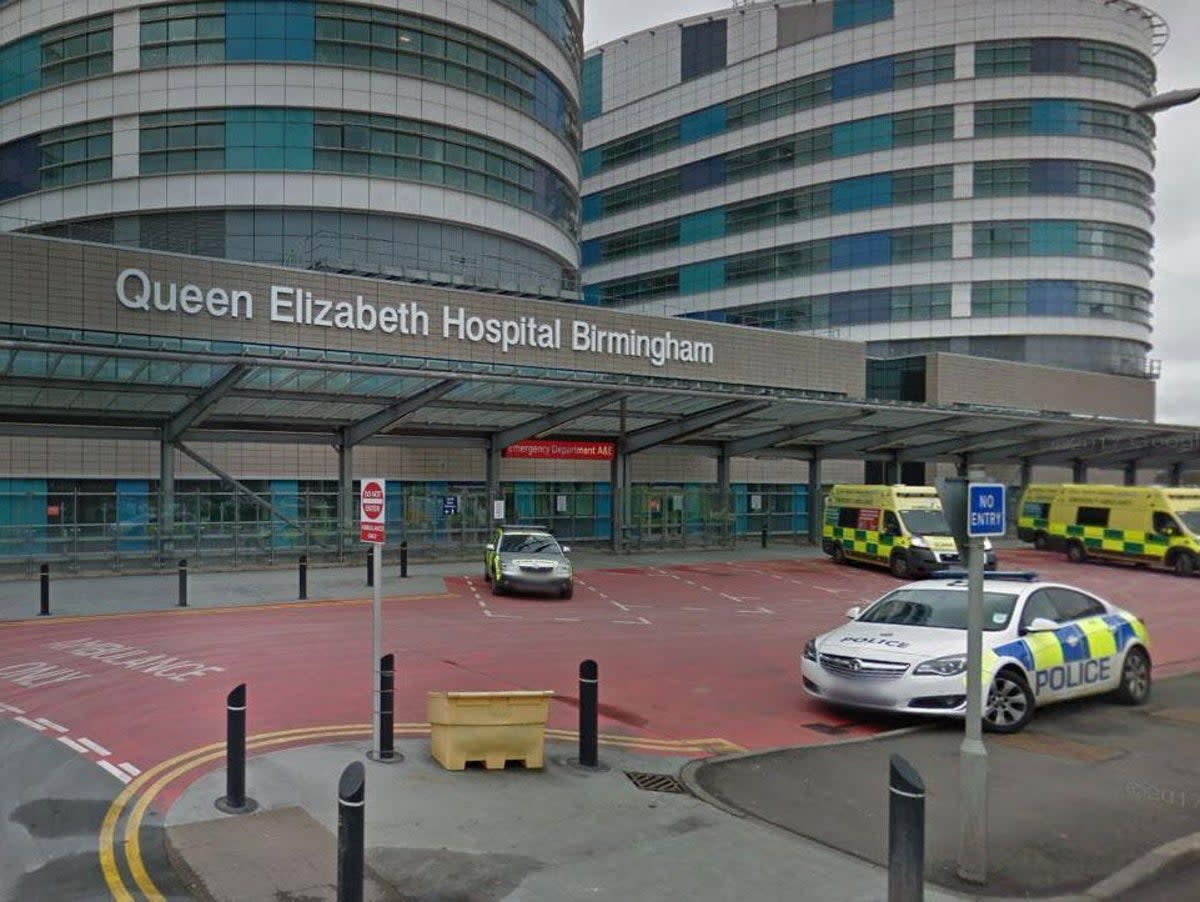Bullying, cronyism and a ‘corrosive’ culture: Damning verdict on one of NHS’s biggest trusts

Patients could be at risk due to “entrenched” cultural problems at one of the largest NHS trusts in the country, including a “corrosive” culture and “cronyism at every level”, a report has found.
A safety review into University Hospital’s Birmingham Foundation Trust warned leaders of the trust need to address “persistent” cultural problems through their hospitals, including “a fear of retribution” if concerns were raised.
The independent review, commissioned following high-profile media reports of a “toxic culture” at the trust, made 17 recommendations made for further action, including leaders to carry out a further review of deaths within its blood cancer services.
Although reviewers said the trust was overall a “safe place” it warned patient care is at risk if it does not address cultural problems which are “corrosively affecting morale” among staff.
The report, the first of three reviews commissioned by the NHS into the trust, found the trust is “reluctant to accept criticism” from reviewers and external regulators with some leaders rejecting claims that cultural problems exist.
Have you been impacted by this story? email rebecca.thomas@independent.co.uk
Summarising the findings, Professor Mike Bewick, a former NHS England deputy medical director, said the review found that services at the trust were safe and patients should be confident when using them.
But he added: “Any continuance of a culture that is corrosively affecting morale and in particular threatens long term staff recruitment and retention will put at risk the care of patients across the organisation – particularly in the current nationwide NHS staffing crisis.”
He continued: “We have been disturbed by the consistent reporting of a bullying culture at the trust and look forward to the next phase of the review where staff and patients will have the opportunity to speak freely and confidentially about their concerns.”
Examples of cultural issues within the report included alleged managers allegedly threatening to refer staff to professional regulators as “a coercive tactic to silence dissent.”
The review followed the suicide of a junior doctor at the trust, Dr Vaishnavi Kumar, who took her own life in June 2022. Reports at the time said Dr Kumar had “cried most nights” after returning home from a “hypercritical” environment.
She was not the first staff member to take their own life, the report noted.
Discussing UHB’s response to Dr Kumar’s suicide, the report said it took two months for the trust to formally write to her family, with no physical meeting being offered, and a senior member of staff sent Dr Kumar an email 26 days after her death to see if she was still being paid.
However, the report acknowledged that steps had been taken to improve relations with Dr Kumar’s family.
Although reviewers did not comment on the circumstances of Dr Kumar’s death, it said the trust’s response to it showed the need for “a fundamental shift in the way an organisation demonstrably cares for its staff.”
A survey of the trust’s junior doctors, noted in the review, found a “clear deterioration” in this group’s experiences at the trust between 2018 and 2022.
“Very significant” concerns were reported by senior doctors to reviewers about the leadership and included:
A lack of competency in running the organisation which was impacting clinical care
“Cronyism” at every level of medical management
Bullying and “microaggressions”
Examining the trust’s death rates in comparison to other organisations, the review found it has a mortality rate that is 10 per cent higher compared to other trusts.
The report said: “If the cultural environment at UHB has not already affected mortality it is likely to be affecting patient experience and morbidity.”
Jonathan Brotherton, chief executive at UHB, said: “Patients can continue to be confident that the care and treatment provided at our hospitals is safe. We are pleased that Prof Bewick’s overall view ‘is that the Trust is a safe place to receive care’.
“We fully accept his recommendations and welcome the additional assurance that has been asked for through further independent oversight.
“There are a number of significant concerns that we need to, and have started to, address; we will continue to learn from the past, as we move forward.”
The trust has been under review by the Birmingham and Solihull Integrated Care Board (ICB) for six weeks after staff raised concerns over patient safety and a “mafia-like” culture, which UHB denied.
The second and third reviews, covering governance and culture at the trust, are expected to be published by June 31.

 Yahoo News
Yahoo News 
